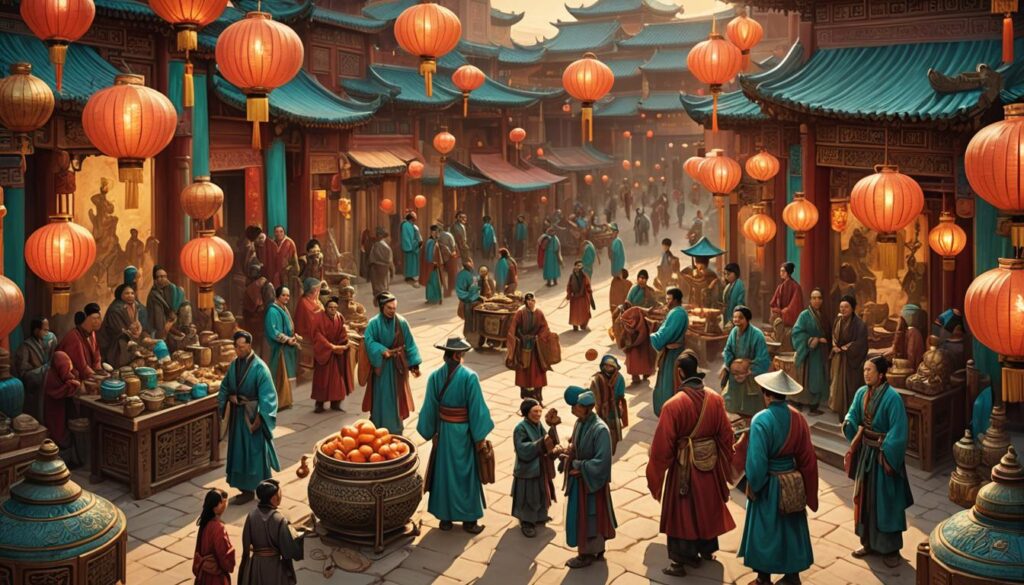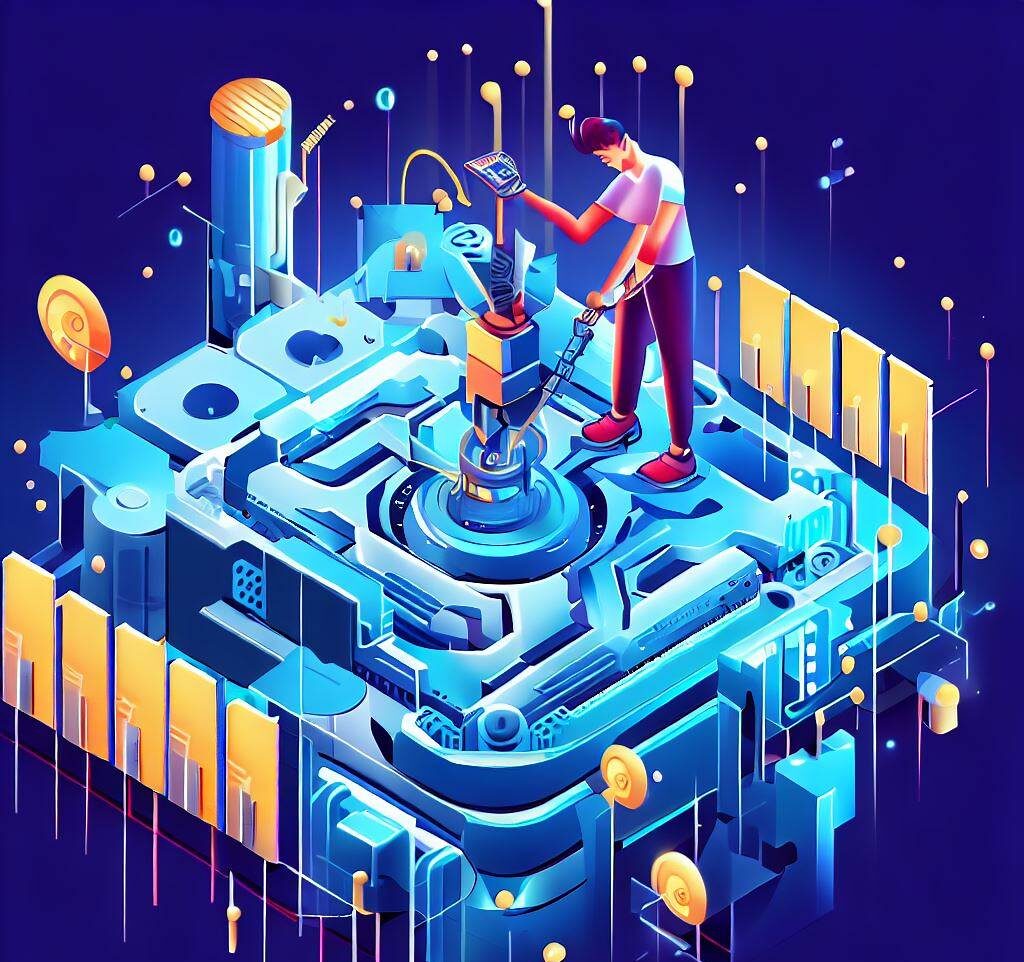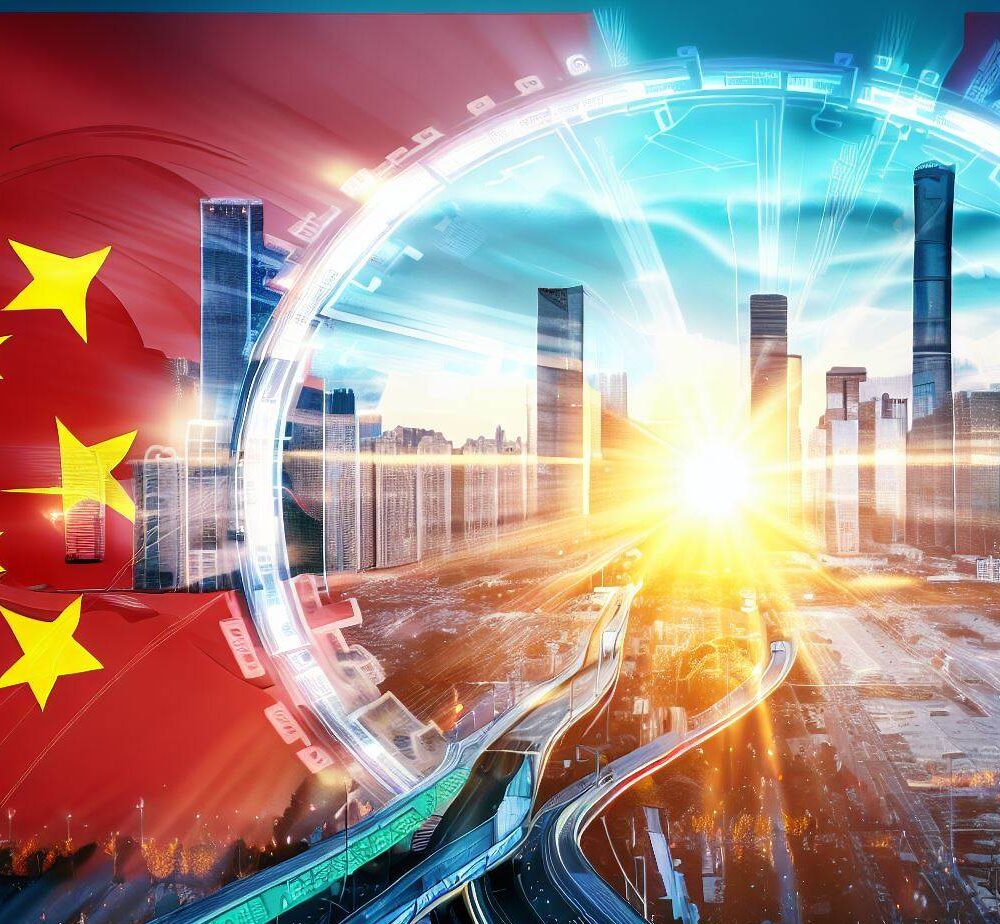Modern China Reforms
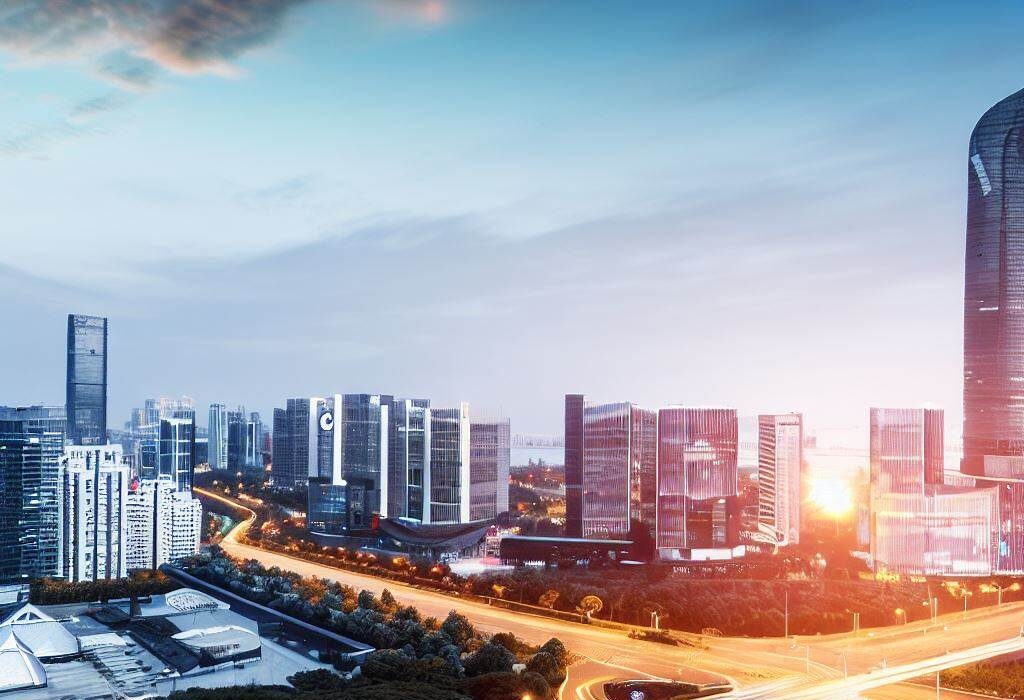
Modern China Reforms
Modern China Reforms are significantly made by Deng Xiaoping 邓小平 (1904-1997) who played a massive role in modernizing China and transforming it into a more market-oriented economy. These are some of the important ways in which Deng Xiaoping changed China:
- Economic Reforms
Deng Xiaoping launched the “Four Modernizations” program in 1978, which aimed to modernize China’s agriculture, industry, science and technology, and national defense. He encouraged foreign investment and opened China to the global economy, leading to significant economic growth. - Special Economic Zones
Deng Xiaoping established Special Economic Zones (SEZs) in coastal areas of China, which were given more autonomy to attract foreign investment and develop export-oriented industries. This helped to kickstart China’s economic growth and attracted significant foreign investment. - Political Reforms
Deng Xiaoping introduced political reforms that aimed to improve the efficiency of government and reduce corruption. He encouraged merit-based appointments and promoted younger officials to higher positions. - Diplomatic Relations
Deng Xiaoping worked to improve China’s relations with other countries, particularly the United States. In 1979, he visited the U.S., marking the first official exchange between the two countries since the communist revolution in 1949. - Cultural Revolution
Deng Xiaoping played a crucial role in ending the Cultural Revolution, a period of political turmoil and violence that lasted from 1966 to 1976. He helped to bring stability to China and restore order.
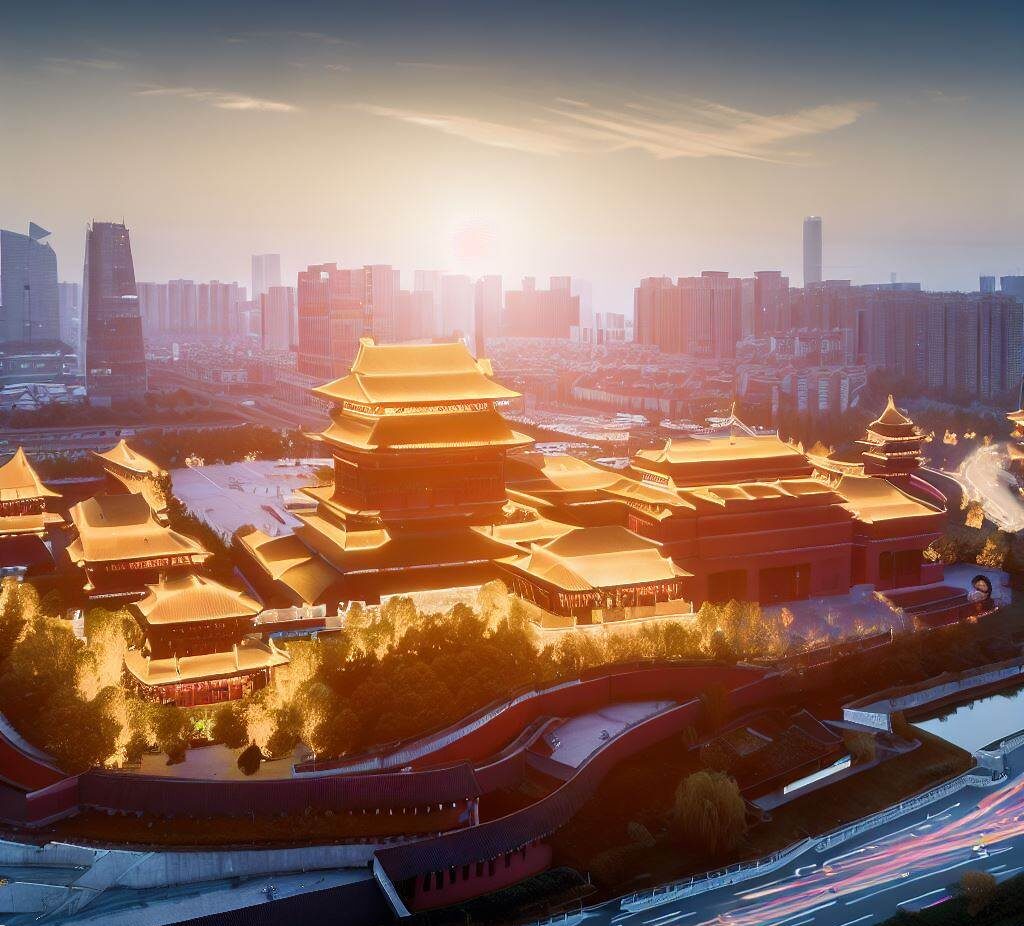
Overall, Deng Xiaoping’s policies had a profound impact on China’s economy and society, leading to significant growth and development. His reforms laid the foundation for China’s rise as a global superpower in the 21st century.





